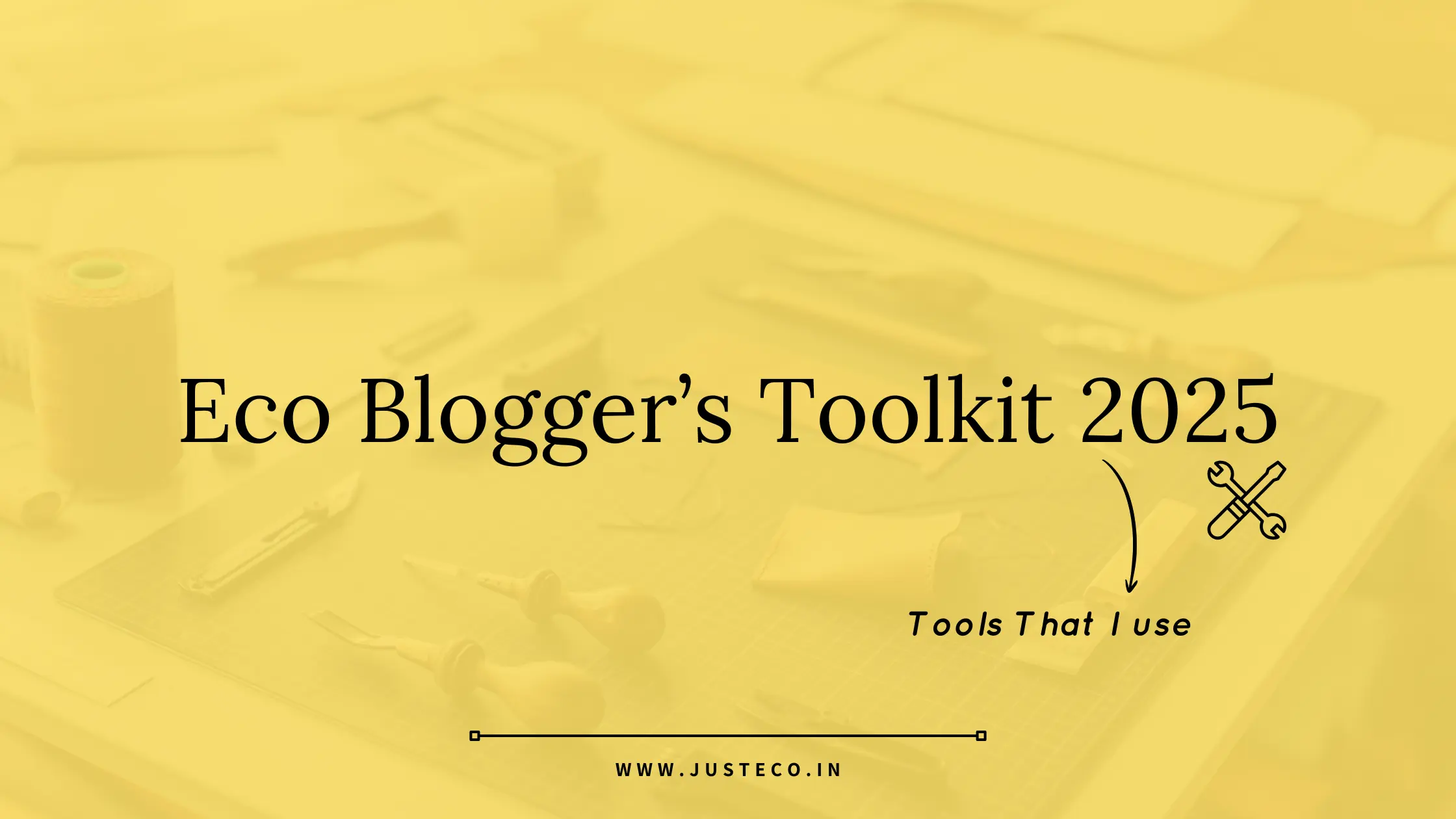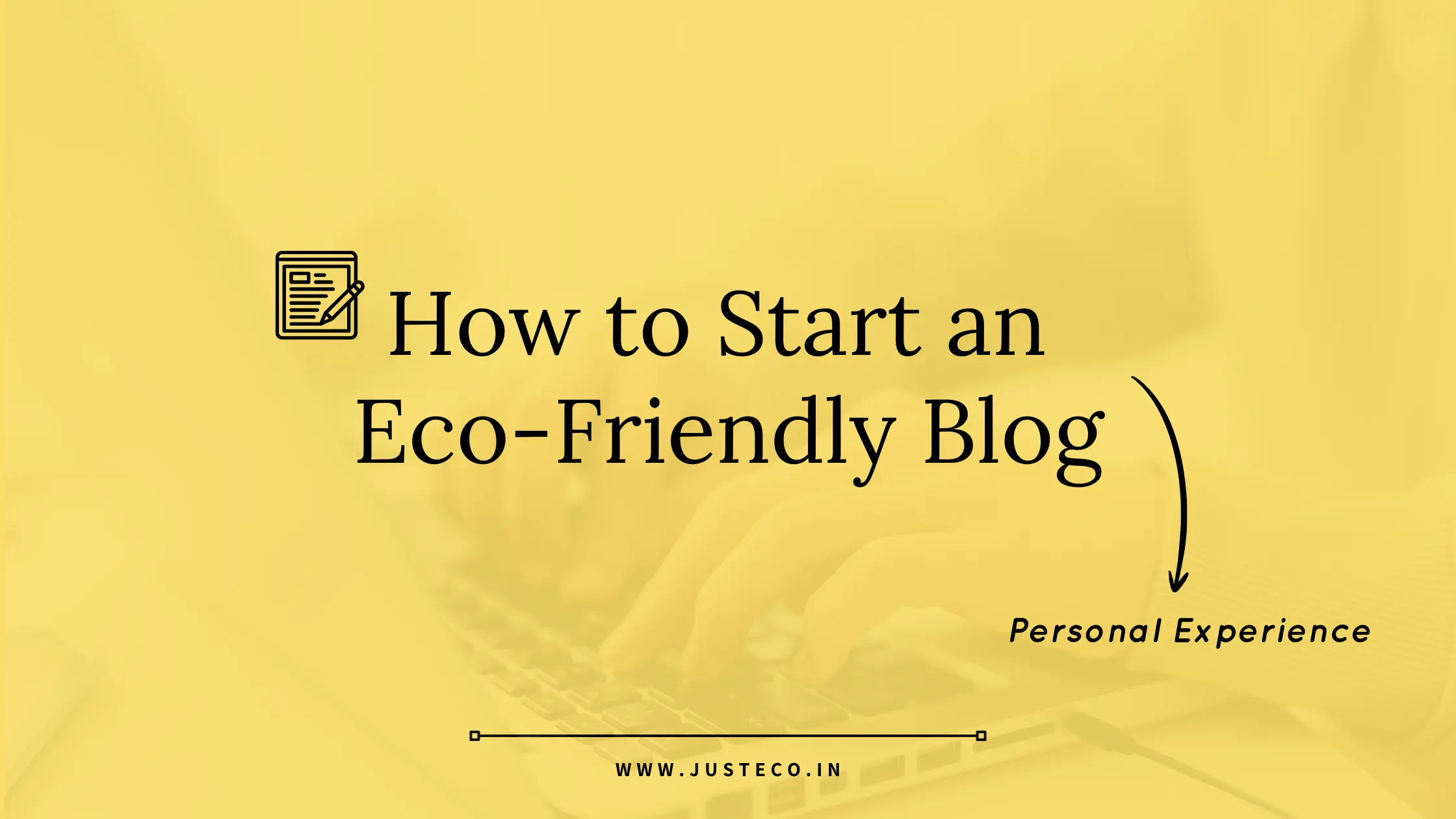Sustainable living is a lifestyle that seeks to reduce an individual’s or society’s use of Earth’s natural resources. It involves making choices that are environmentally friendly and socially responsible, aiming to create a balance between economic growth, environmental health, and social well-being.
Table of Contents
ToggleKey Principles of Sustainable Living
Sustainable living is built on three primary principles:
- Environmental Sustainability: Reducing waste, conserving resources, and protecting natural ecosystems.
- Social Sustainability: Supporting ethical practices, fair trade, and responsible consumerism.
- Economic Sustainability: Choosing sustainable businesses and investments that promote long-term environmental health.
Sustainable Practices to Implement
Energy Conservation
- Switch to renewable energy sources such as solar or wind power.
- Use energy-efficient appliances and LED lighting.
- Reduce energy consumption by unplugging devices when not in use.
Water Conservation Techniques
- Install low-flow showerheads and faucets.
- Harvest rainwater for gardening and outdoor use.
- Avoid single-use plastics that contribute to water pollution.
Waste Reduction Strategies
- Practice the 3Rs: Reduce, Reuse, Recycle.
- Compost food scraps to reduce landfill waste.
- Choose products with minimal or recyclable packaging.
Eco-Friendly Habits
Daily Habits to Reduce Carbon Footprint
- Use public transportation, carpool, or cycle instead of driving alone.
- Opt for digital receipts and documents to reduce paper waste.
- Support businesses with sustainable practices.
Mindful Consumption and Minimalism
- Purchase second-hand or upcycled products.
- Choose quality over quantity to reduce unnecessary purchases.
- Adopt a zero-waste lifestyle by eliminating disposable items.
Product Recommendations
To make sustainable living easier, consider incorporating the following eco-friendly products into your daily routine:
- Reusable Shopping Bags – Reduce plastic waste by using organic cotton or recycled material bags.
- Water Filter Pitcher – Minimize bottled water use with a high-quality water filter.
- Compost Bin – Manage food waste effectively with an at-home composting solution.
- Biodegradable Trash Bags – Choose compostable alternatives to traditional plastic bags.
- Energy-Efficient Appliances – Invest in Energy Star-rated refrigerators, dishwashers, and washing machines.
- Solar-Powered Chargers – Use renewable energy to charge your devices.
Resources for Further Learning
Expand your knowledge of sustainable living through these valuable resources:
- Books: The Zero Waste Home by Bea Johnson, Cradle to Cradle by William McDonough.
- Websites: Environmental Protection Agency (EPA), World Wildlife Fund (WWF).
- Organizations: The Sierra Club, Greenpeace, The Nature Conservancy.
Conclusion
Adopting a sustainable lifestyle is an ongoing journey that benefits both the planet and future generations. By implementing eco-friendly habits, reducing waste, and supporting ethical products, you can make a meaningful impact. Start today and inspire others to live more sustainably!
The Ultimate Guide to Sustainable Living: Tips, Practices, and Product Recommendations
Introduction
Sustainable living is a lifestyle that seeks to reduce an individual’s or society’s use of Earth’s natural resources. It involves making choices that are environmentally friendly and socially responsible, aiming to create a balance between economic growth, environmental health, and social well-being.
Key Principles of Sustainable Living
Sustainable living is built on three primary principles:
- Environmental Sustainability: Reducing waste, conserving resources, and protecting natural ecosystems.
- Social Sustainability: Supporting ethical practices, fair trade, and responsible consumerism.
- Economic Sustainability: Choosing sustainable businesses and investments that promote long-term environmental health.
Sustainable Practices to Implement
Energy Conservation
- Switch to renewable energy sources such as solar or wind power.
- Use energy-efficient appliances and LED lighting.
- Reduce energy consumption by unplugging devices when not in use.
Water Conservation Techniques
- Install low-flow showerheads and faucets.
- Harvest rainwater for gardening and outdoor use.
- Avoid single-use plastics that contribute to water pollution.
Waste Reduction Strategies
- Practice the 3Rs: Reduce, Reuse, Recycle.
- Compost food scraps to reduce landfill waste.
- Choose products with minimal or recyclable packaging.
Eco-Friendly Habits
Daily Habits to Reduce Carbon Footprint
- Use public transportation, carpool, or cycle instead of driving alone.
- Opt for digital receipts and documents to reduce paper waste.
- Support businesses with sustainable practices.
Mindful Consumption and Minimalism
- Purchase second-hand or upcycled products.
- Choose quality over quantity to reduce unnecessary purchases.
- Adopt a zero-waste lifestyle by eliminating disposable items.
Product Recommendations
To make sustainable living easier, consider incorporating the following eco-friendly products into your daily routine:
- Reusable Shopping Bags – Reduce plastic waste by using organic cotton or recycled material bags.
- Water Filter Pitcher – Minimize bottled water use with a high-quality water filter.
- Compost Bin – Manage food waste effectively with an at-home composting solution.
- Biodegradable Trash Bags – Choose compostable alternatives to traditional plastic bags.
- Energy-Efficient Appliances – Invest in Energy Star-rated refrigerators, dishwashers, and washing machines.
- Solar-Powered Chargers – Use renewable energy to charge your devices.
Resources for Further Learning
Expand your knowledge of sustainable living through these valuable resources:
- Books: The Zero Waste Home by Bea Johnson, Cradle to Cradle by William McDonough.
- Websites: Environmental Protection Agency (EPA), World Wildlife Fund (WWF).
- Organizations: The Sierra Club, Greenpeace, The Nature Conservancy.
Conclusion
Adopting a sustainable lifestyle is an ongoing journey that benefits both the planet and future generations. By implementing eco-friendly habits, reducing waste, and supporting ethical products, you can make a meaningful impact. Start today and inspire others to live more sustainably!









